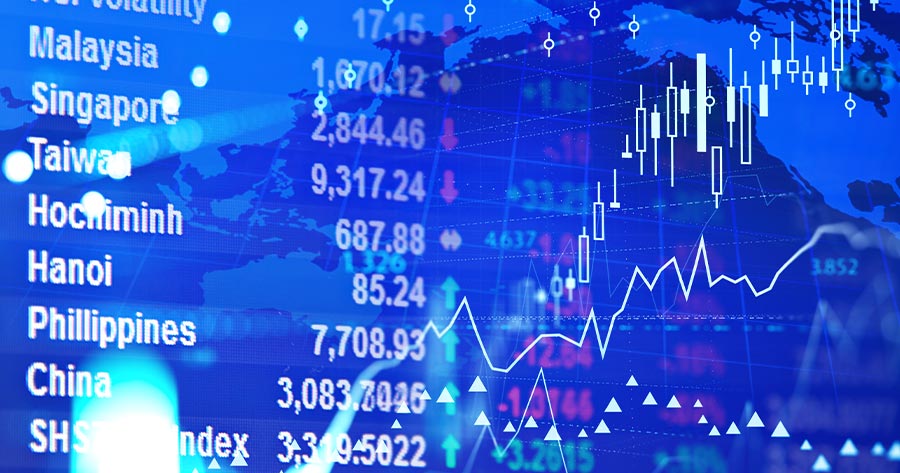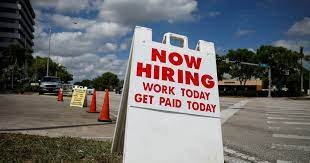China is likely to set a 2026 official economic growth target of between 4.5% and 5%, the South China Morning Post reported on Friday, reflecting how even a $1.2 trillion trade surplus cannot shield the world’s No.2 economy from slowing global growth.
Most Asian stocks rose on Friday amid some strength in technology shares, while Japanese markets held on to mild gains after the Bank of Japan kept interest rates unchanged as expected.
The number of Americans filing new applications for unemployment benefits increased less than expected last week, suggesting the labour market maintained a steady pace of job growth in January.
The US economy grew a bit faster than initially thought in the third quarter, the government said on Thursday, while corporate profits were also revised higher.
Oil prices rebounded on Friday after U.S. President Donald Trump renewed threats against major Middle Eastern producer Iran, raising concerns of military action that could disrupt supplies.
Malaysia’s new vehicle market expanded by 11% to 90,716 units in December 2025, up from 81,735 units a year earlier, according to registration data released by the Malaysian Automotive Association (MAA). The market last month was lifted by a sharp rise in battery electric vehicle (BEV) sales ahead of the expiry of import and excise duty exemptions at the end of the year, and by end-of-year promotional campaigns by dealers.






